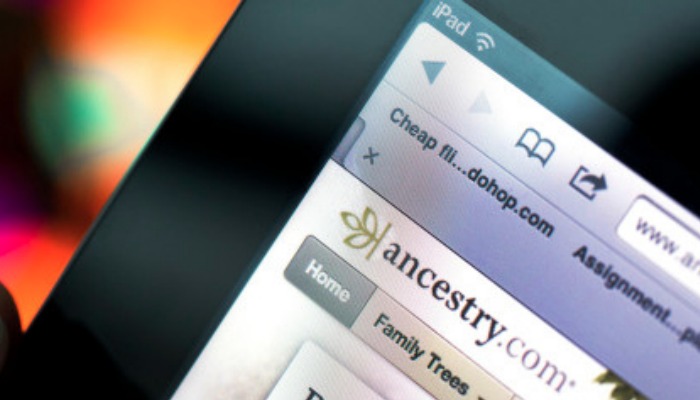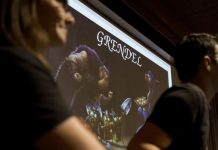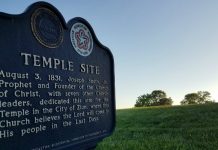
This article was originally published in The World Post, an affiliate of The Huffington Post, by Daniela Hernandez. Below is an excerpt.
In 1984, a genealogy geek named John Sittner published The Source, a book meant to unearth and analyze never-before-seen records that genealogists could use to put together family histories with unprecedented detail. Several years later, he founded Ancestry magazine to teach people how they could use public archives and technology — which, back then, meant CD-ROMS and primitive websites and search engines — to build out their family trees.
Sittner sold the company long ago, but three decades after it began, Ancestry.com — the $1.6 billion Internet company that his magazine evolved into — is poised to become one of the most unlikely, yet powerful, scientific tools in the world. For about three years, it’s been collecting and analyzing genetic information through a service called AncestryDNA, and in the process, quietly asking consumers if they’d be willing to share their data with Ancestry for research. To date, it’s banked more than 800,000 samples from customers all over the world, rivaling the database of Google-backed genetics-analysis company 23andMe, which boasts about 900,000 samples. And now, armed with mountains of health data, Ancestry.com is slowly transforming itself from a retiree’s hobby into a medical research juggernaut.
“We actually do think that health is a pretty natural extension of the core mission to help everyone discover, preserve and share their family history,” Ancestry.com CEO Tim Sullivan told me earlier this week, during a visit to the company’s San Francisco offices. “We’re exploring ways that we could participate in health and provide our users with health insights, for sure….ways that we could leverage the data we’ve aggregated to support research efforts, similar to what 23andMe has done with Genentech and others.”
Long before Ancestry.com got into the DNA game, it had ties to the Mormon church. Its owners were two Brigham Young University grads who had made their fortune selling Latter-day Saints publications on floppy disks. Access to Ancestry.com was free at LDS Family History Centers, and recently the company signed a deal with the church’s genealogy non-profit, FamilySearch.org.
To read the rest of the article, check out The World Post.





